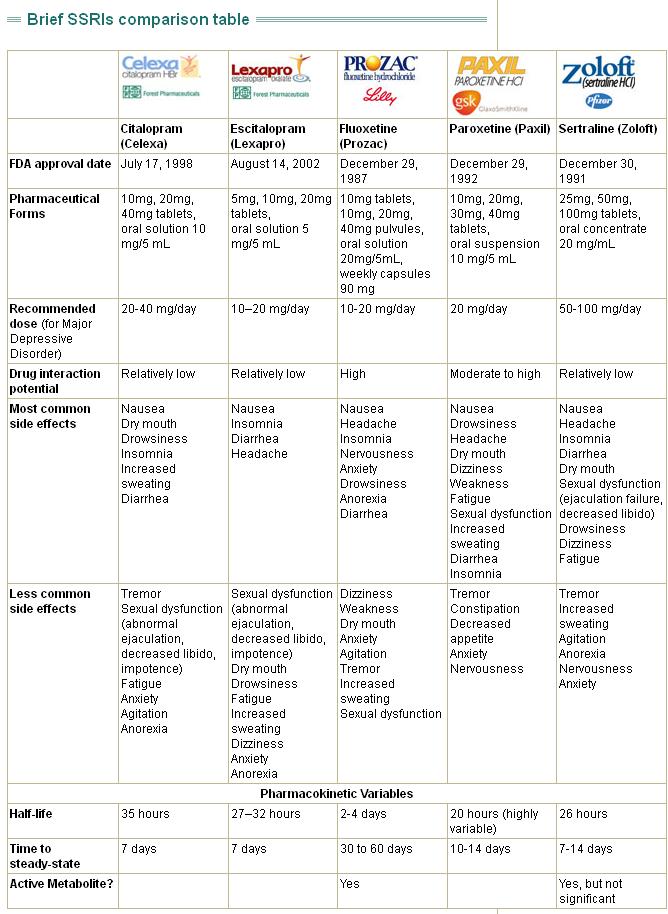Greetings,
I've been using Piracetam on and off now for last few years. Sometimes for months and sometimes 6 weeks before my University exams.
I take 1.6grams of piracetam and 500mg of Alcar 3x a day 30 minutes before food and sometimes with an energy drink in the mornings or afternoons.
For me the effects are just mental clarity, being able to remember things from a few weeks ago during the exam ( like this very much) and it keeps me really relaxed unless I go crazy on the Alcar haha (learned that the hard way). I've never really noticed the vision change, huge appreciation for music or the increased happiness.
Some people say they can read an entire textbook chapter and never have to study etc and ace exams.
I'm wondering if this could be because they supplement with Choline and I don't.
How do you know if you should consume choline ? when should you take this source and will eating two boiled eggs a day be enough ?
Thank you.


















































